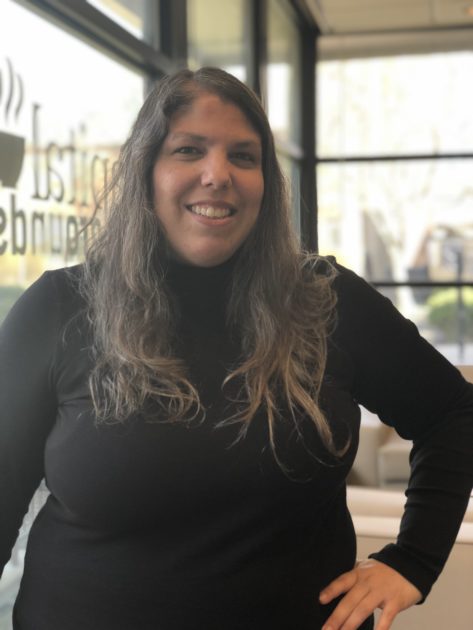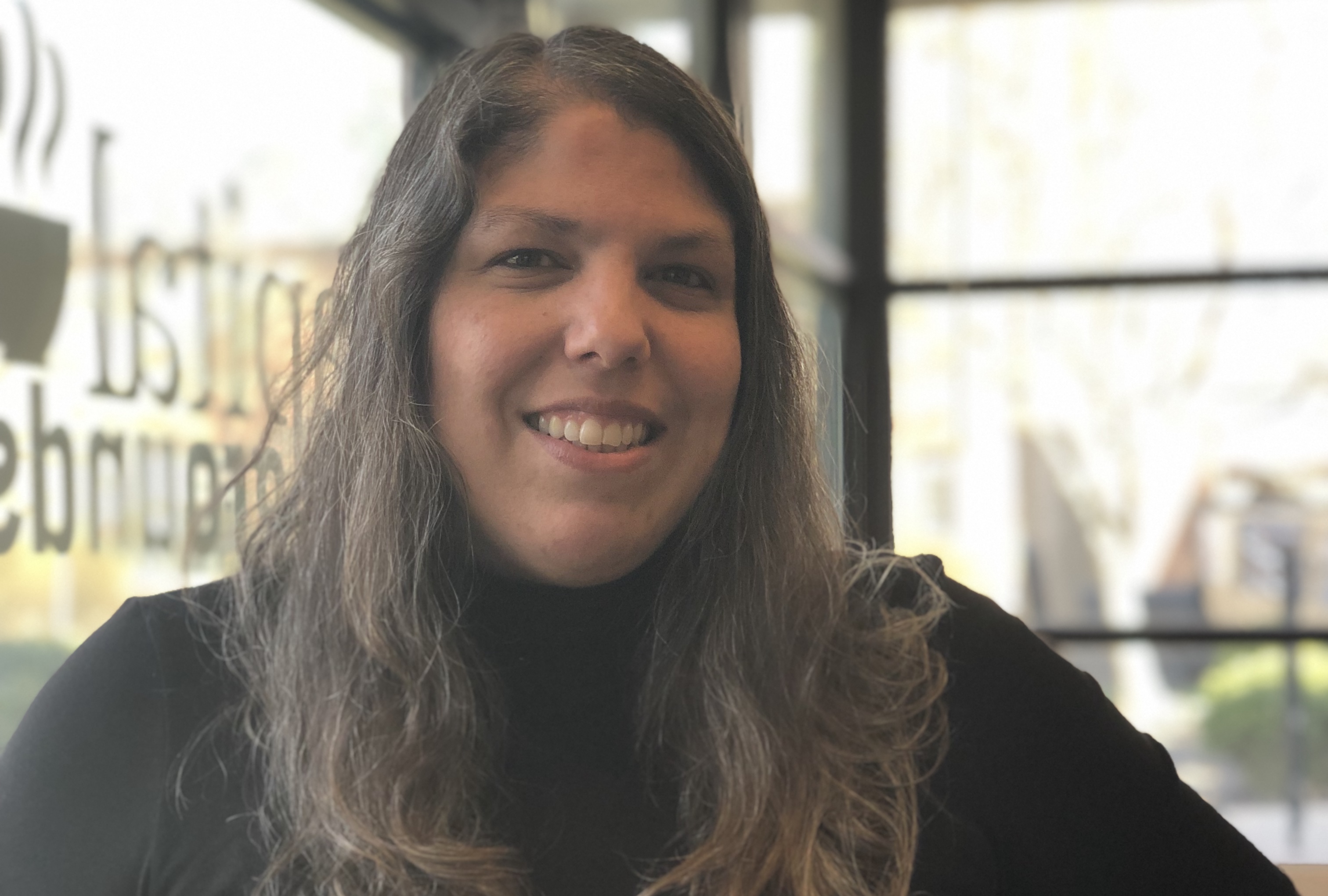Next semester, one of the only LGBT+ history courses across the country will be offered on campus.
“My hope is that it’s going to be discussion-driven,” Melissah Pawlikowski, the professor teaching the class, said. “We’ll have one reading in common and then we’ll come to class, talk about it, and hopefully do more projects.”
Pawlikowski is hoping that instead of writing papers, her students will choose to work on a plan of action, whether that’s reaching out to the community or doing something on campus.
The course content will begin at the colonial period and go all the way up until present day.
“We’re going to put LGBT+ communities in context … it’s going to be a lot like a regular history class,” Pawlikowski said.
She started on campus in the fall 2018 semester. When she started her early American history class, she began with the same spiel as always: that the class she’s teaching is your history. When a student challenged that ideal, asking how she was going to make early American history gay, she said, “seriously, early American history is so gay.”

“Just in the early American class, I do stuff like talk about transgender and fluid gender people … there are really great ways to talk about how our modern constructs were created, and why,” Pawlikowski said. “You can really see that gender is a social construct very easily when you’re talking about examples from, essentially, clean slates.”
Students often think of early America as being very traditional: a husband, a wife, and some kids. But according to Pawlikowski, early America was very tolerant in terms of sexual models.
“I realized I needed to create a class that reflected these things specifically, because there was a whole cross-section of students who had never seen themselves reflected in history,” she said.
Pawlikowski is going to teach from the book Queer History of the United States by Michael Bronski, which breaks the history down into time periods, starting with the Puritans, and talks about laws, policies, and experiences.
For example, she talked about some sodomoy laws in colonial America that were actually to prevent sexual assaults.
“So, the people who are generally tried and punished are people who have literally assaulted someone … this isn’t [punishment for] men having sex with other men, this is [punishment for] assault,” Pawlikowski said.
“The fact that they have these examples where the only people who these laws are being targeted to are criminals, not homosexual people, that shows a lot about that society,” she said.
The class will include a lot of primary sources in addition to the textbook, like some diary entries from gold miners.
“Gold miners were basically like the gayest people ever,” Pawlikowski said. “Anytime you have these surfaces where people are constructing things, they have spaces for homosexuality, gender fluidity, non-binary … things that we all regard as very modern, they’re like ‘yeah.’”
The gold miners held a lot of all-male dances, and if someone were to identify as a woman, they could simply pin a handkerchief to their pants and it acted as a universal symbol that everyone else understood.
Pawlikowski said that most teachings of LGBT+ history go from the 1950s on, but that’s when the height of the push against the community began, and when the cultural norm was to be discriminatory.
“I think a lot of the LGBT+ story gets pampered down with like, discrimination and AIDs, which are totally important and we’ll totally talk about, but there’s this other side of the story that is about contributions,” she said.
LGBT+ history is about more than just famous people like Walt Whitman, but about the everyday people who actually built the community.
“The LGBT+ community doesn’t have its own separate history, it has this history that’s valuable as a mainstay of American history,” she said.
Pawlikowski is excited to see a class that enriches people’s pride. “I think that pride is a big aspect of the LGBT+ community … pride is something that comes from acknowledging your contributions and value.”
Pawlikowski thinks that the class has the potential to embolden the LGBT+ students by showing them the ways that they have always been important, like with African American and women’s studies.
“The entrance of those classes … they changed spaces,” she said. “We send this rippling message out to students, and I’m excited to see … long-term [results].”
Whether students do or don’t take the class, the fact that there actually is a class normalizes the community and its experiences.
The impact of this course goes beyond students on campus.
“Because we’re one of the only universities to offer a class like this, other universities will go, ‘well, we can teach that, too,’” Pawlikowski said.
“Every student who graduates — some maybe not so much — will move forward with a greater understanding of LGBT+ community members … as core members of our community.”
So far, the only issue Pawlikowski has run into is finding a classroom large enough to fit all of the students interested, but she’s expecting some students to be uncomfortable with the content of the course, or even respond negatively.
She noted that it’s interesting to have to ask the question: Will there be student pushback?
“What would we think now if someone said, ‘Cap shouldn’t be teaching African American history?’” she later said in an email. “That would seem bizarre.”
“But in 2019 we have to wonder, what will people say if we teach the history of this specific group of people? Like their existence poses a moral question, one we aren’t so sure is suitable for all audiences,” Pawlikowski said. “But we are in fact simply just talking about the facts and history relating to a people.”
“Do I worry? Yes. Is that going to stop me? No,” she said.
The course, History 193, will be offered next semester for two credit hours and will be held from 1 to 2:40 p.m. Wednesdays.


